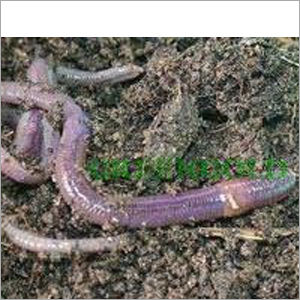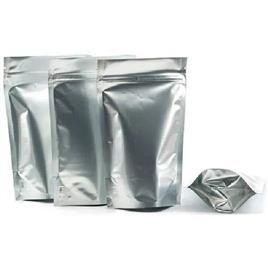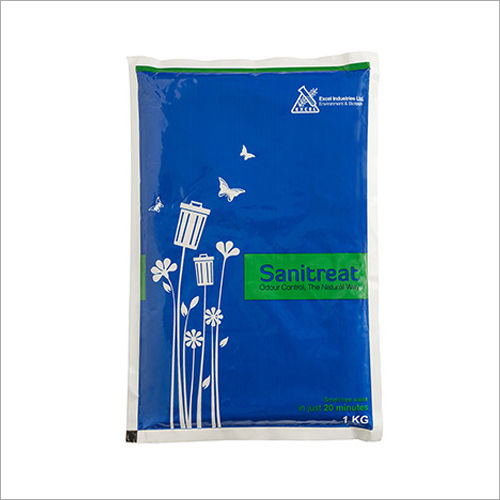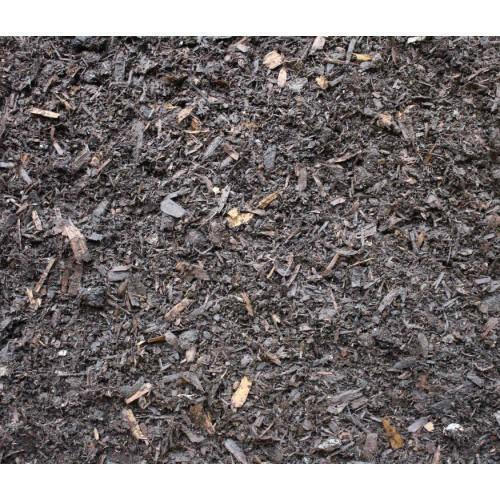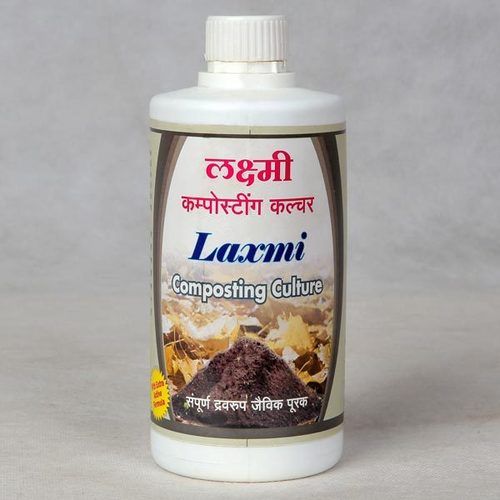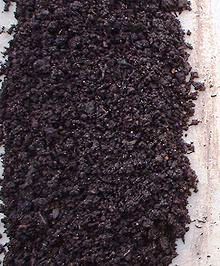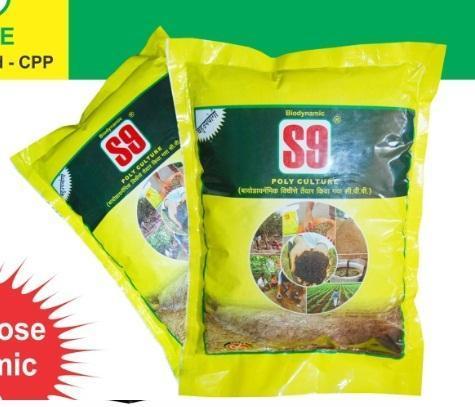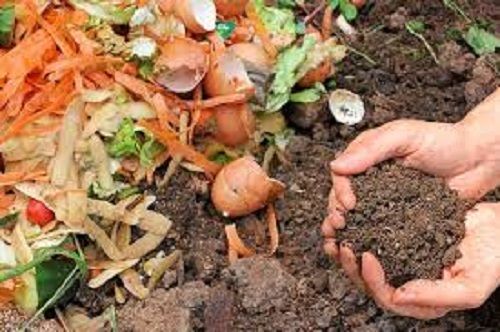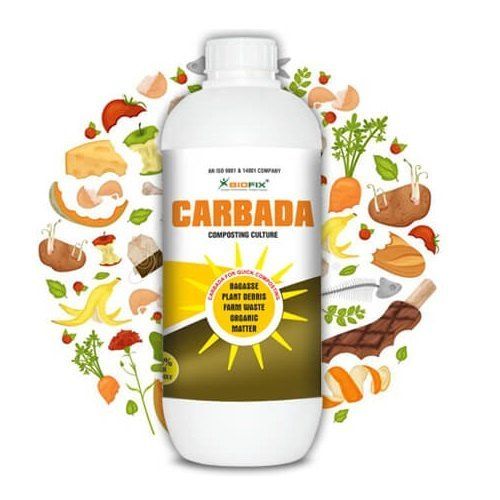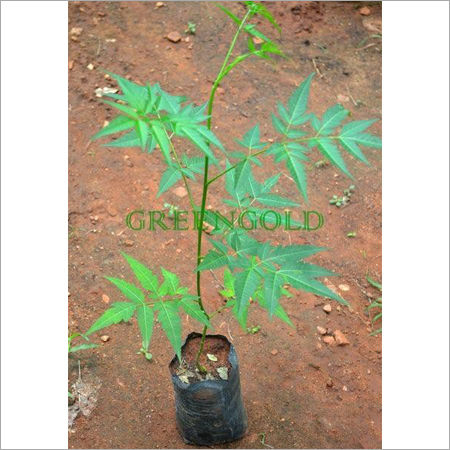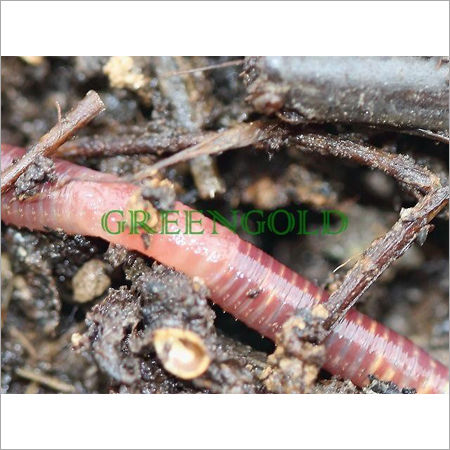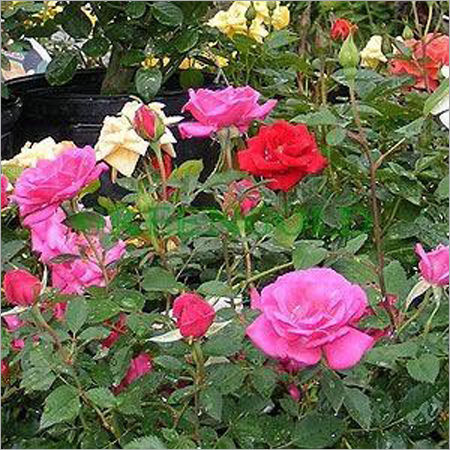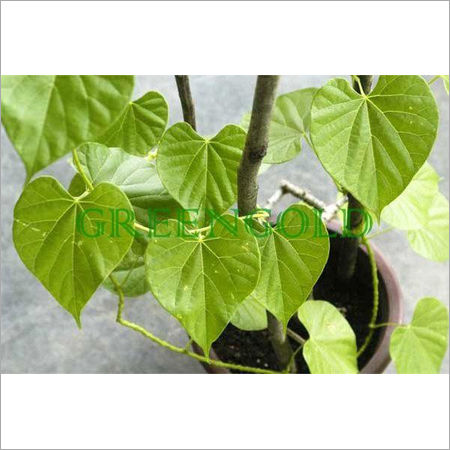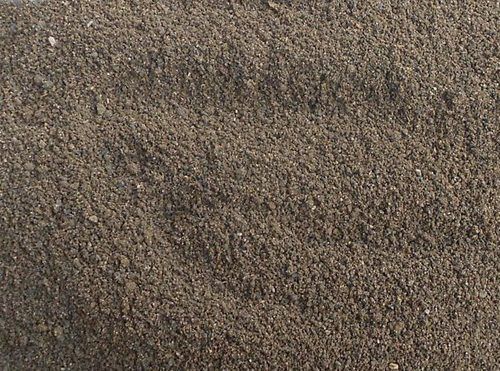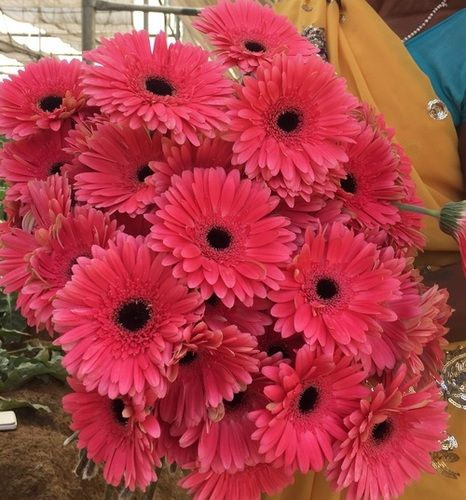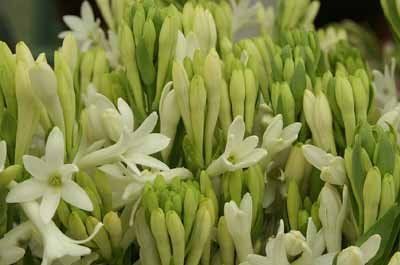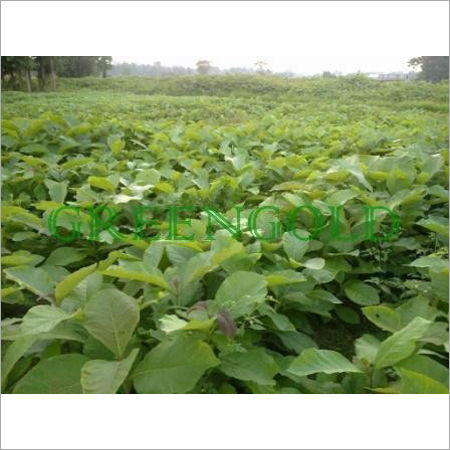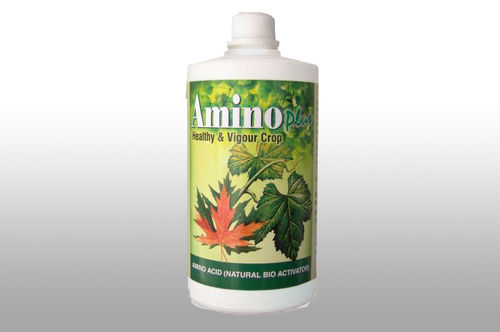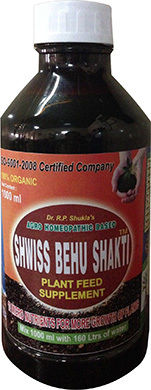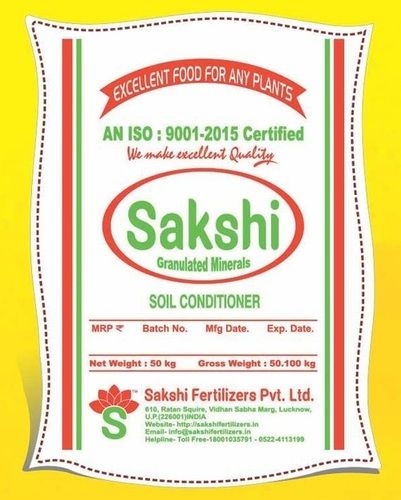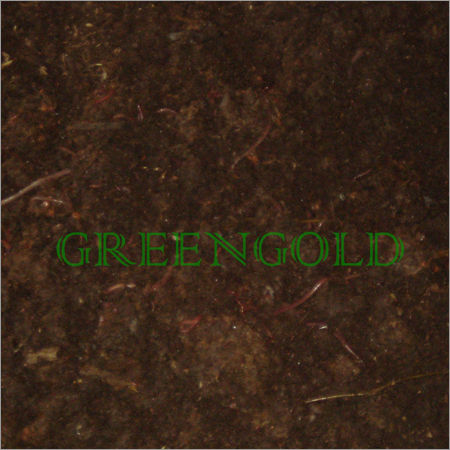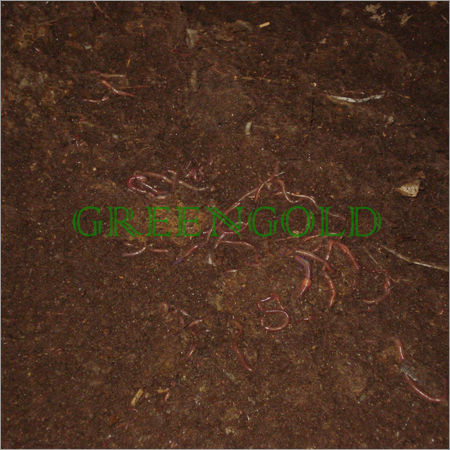We are engaged in offering Eudrilus Eugeniae for the purpose of vermi-compost. Our systems use composting worm species that produce a small sized cast. The resulting vermicompost is a nutrient and microbe rich combination of castings and decaying vegetable and bedding materials. This African species is cultivated keeping in mind the growing demands for organic compost. We process these worms in order to ensure that the best compost is produced. Highly effective in giving nutrient rich manure, the Eudrilus Eugeniae is widely used in horticulture industry. Features: Give organic manure High nutritional value for soil Provides excellent water retention properties to soil Improve drainage in heavy soils VERMICULTURE LIVE EARTHWORMS:SPECIES AVAILABLE : EISENIA FETIDA AND EUDRILUS EUGENIE Vermiculture is the practice of composting utilizing various species of earthworms, to create a heterogeneous mixture of decomposing agricultural waste vegetable, or food waste (excluding meat, dairy, fats, or oils). Vermicompost, also known as, worm castings, worm humus or worm manure, is the end-product of the, breakdown of organic matter by species of earthworm. This type of composting is, sometimes suggested as a feasible indoor home composting method. Vermicomposting has gained popularity in both these industrial and domestic, settings because, as compared to conventional composting, it provides a way to, compost organic materials more quickly (as defined by a higher rate of carbon-tonitrogen, ratio increase) and to attain products that have lower salinity levels that, are therefore more beneficial to plant mediums. The earthworm species (or composting worms) most often used are Eisenia, fetida or Eudrilus eugeniae could be used. These two Species are recommended by, most vermiculture experts, as they have some of the best appetites and breed, very quickly. Scientific name: Eudrilus eugeniae Rank: Species Higher classification: Eudrilus
